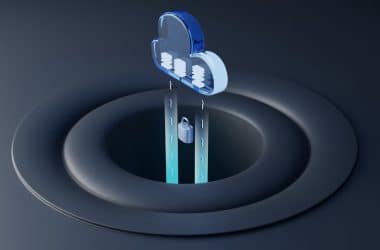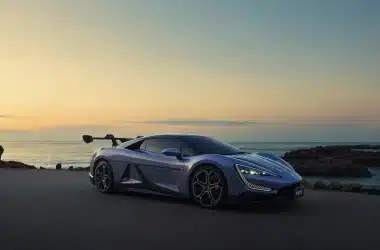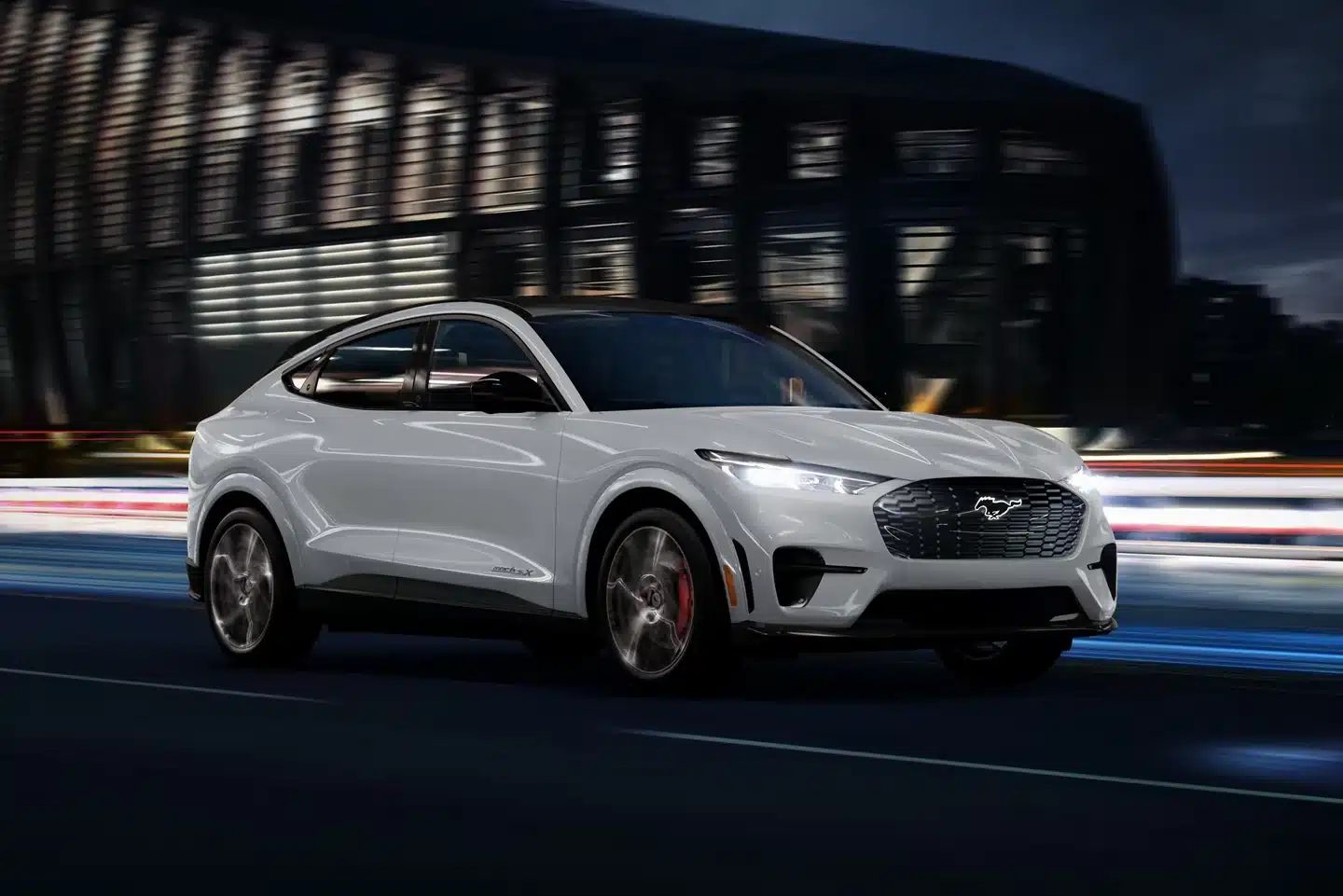Ford engineer Eric Loeffler sat down with Muscle Cars & Trucks for an interview to discuss the upcoming 2021 Ford Bronco. In their discussion, they discuss emissions regulations — a key reason for the decision to omit a V8 engine option for the upcoming Bronco.
Emissions reduction targets have been tightening around the world for years in efforts to combat climate change and air pollution. While V8 engines have obvious benefits, they have a higher cost of ownership than smaller engines. Fortunately, Bronco customers haven’t exactly been kicking down doors and demanding V8 engines — as horsepower output isn’t really an issue for them.
Buyers want horsepower, torque, and fuel economy — something easily provided by a turbocharged 2.7L EcoBoost V6 engine. Naturally aspirated V8 engines have been given a run for their money in recent years by forced induction designs with reduced displacement (e.g.turbocharged powertrains).
Turbocharged powertrains are smaller, more fuel efficient, and thereby more cost-efficient to drive. This makes them almost a no-brainer if you can put up with turbo lag.









